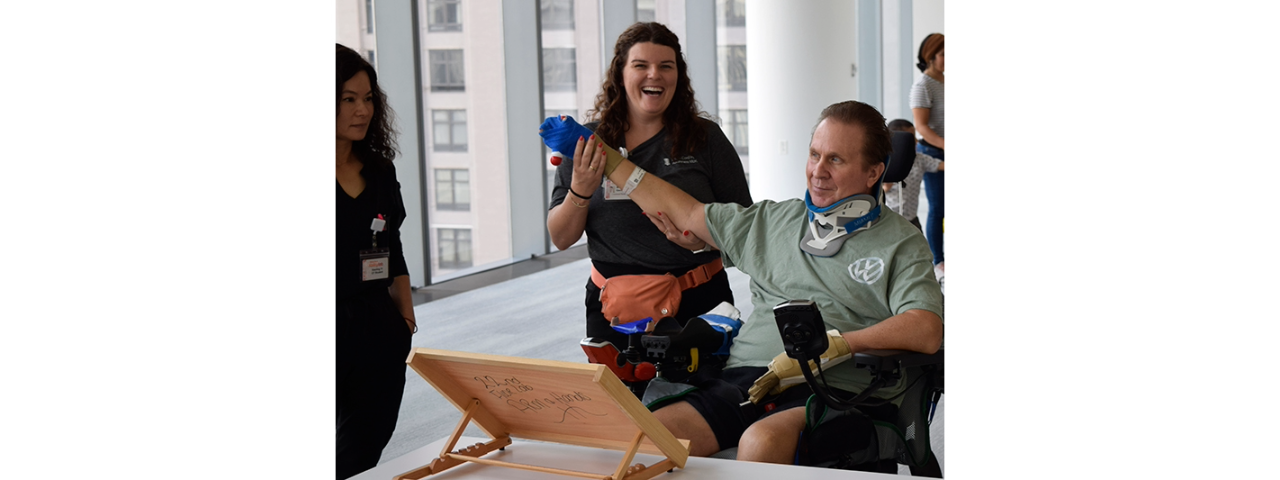Body
It’s that time of year again for high school students. Before prom, graduation and other end-of-year events, come the SAT, the ACT, AP exams and finals. It’s safe to say that, while no one looks forward to rigorous testing, those who suffer from test anxiety can feel overwhelmed by this pressure-filled schedule.
Almost all students experience stress before and during exams. It becomes a problem when that stress triggers physical and emotional responses — including increased muscle tension, stomach pain and irritability — that can negatively impact performance. Knowing how to approach a test can help students more effectively manage their anxiety, resulting in better physical and mental health.
Here are tips to manage anxiety before, during and after a big test: Before the exam
Body
- Be your own best coach: Remind yourself that some level of anxiety is normal, and feeling a little stressed can actually improve your performance. Encourage yourself with coping self-statements, such as, “I can handle this,” and “I can get through this.”
- Practice relaxation techniques and deep breathing (check out online sites for instruction); use positive imagery — envision yourself entering the classroom, choosing a seat, staying calm and successfully completing the exam.
- Be prepared: Organize your study material and take time over several days, or even weeks, to review it. Avoid cramming right before the exam, as this can heighten anxiety.
- Get good sleep, and not just the night before the exam. Try to go to bed at a regular time and wake up at the same time every day. Avoid electronics for 30 minutes before bed and allow yourself some time to wind down and ease into sleep. Good sleep can help you consolidate the memories you created during study time.
- Daily physical exercise keeps the brain stimulated and helps manage tension. Do something you like — take a walk, go for a bike ride, rollerblade, etc. Just 20 to 30 minutes daily can help.
- Eat wisely, especially on exam day. Don’t skip breakfast! Eat what you enjoy, but try to cut back on processed foods. A fruit smoothie is a good choice.
- In the days before the exam, create a checklist of what you’re going to bring on test day. Include items like pencils and calculators, but also snacks (like a cheese stick or granola bar) and a water bottle. Then, the evening before the exam, collect your materials. Having everything planned out in advance will reduce the frantic rush before the test.
During the exam
Body
- Budget your time and pace yourself so you have adequate time to finish the test.
- Don’t skip over directions — read them carefully!
- Use your relaxation toolbox (e.g., deep breathing, positive imagery, etc.) to foster calm and confidence.
- Remind yourself that it’s normal — and ok — to feel some anxiety.
- Use your coping statements, focusing on “doing the best you can” in the situation.
- If you get stuck on a question or section, skip and then return to it later.
- If you feel you have “gone blank,” allow yourself to mark some responses anyway. If you are blank about an essay question, just start writing whatever you know. This action can help bring the correct answer to your mind.
After the exam
Body
- Review what went well and what you might change.
- Reward yourself for the changes you made in your habits; recognize that battling test anxiety can take time.
- Talk to your counselor or parents and ask for some professional guidance or support if you feel you could benefit from this.
While testing is an unavoidable part of a student’s life, preparation and calming strategies can turn anxiety into confidence.
Mentioned Profile


